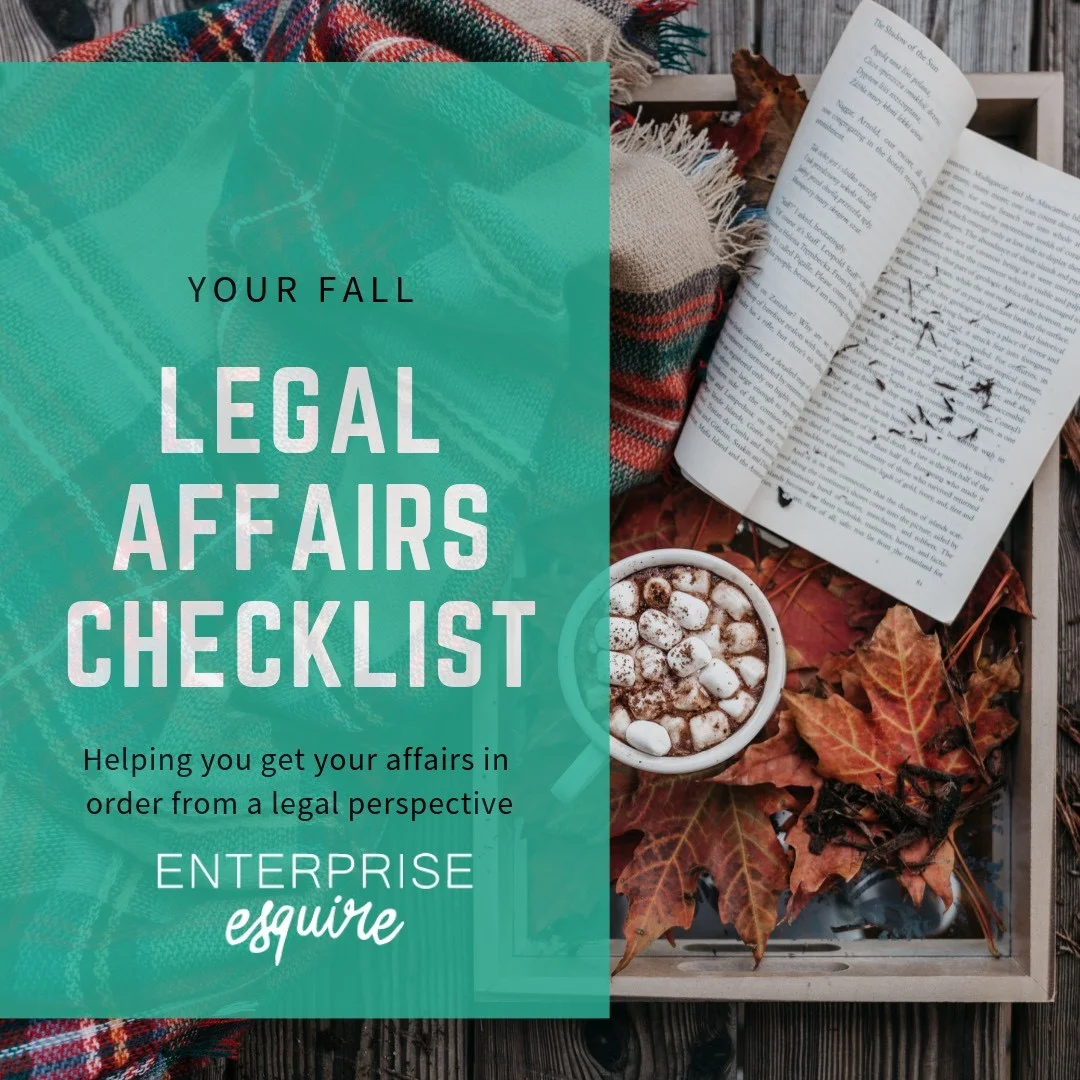A will or trust contest can wreak havoc on families. The conflict can result in possibly irreparable resentment and loss of familial communication. Careful estate planning can help you substantially reduce the risk, or even avoid this problem entirely. Read on to find out ways to you can build your estate plan to keep the peace and minimize family conflicts after you’re gone.
We live the advice we give, making us the perfect legal partner. With 15+ years as an attorney, homeowner, real estate investor, and entrepreneur - we know how to turn obstacles into opportunities.







